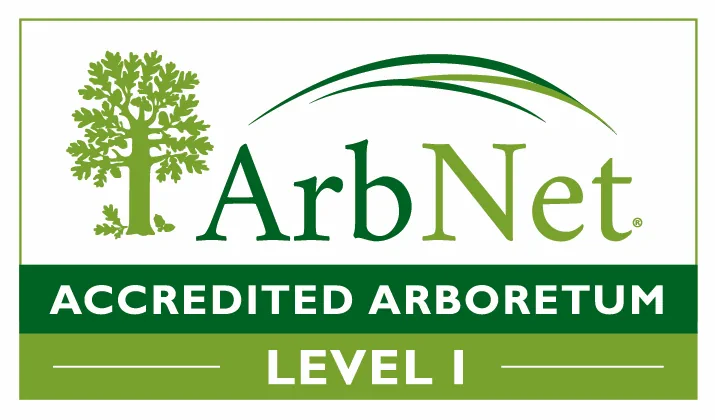Stone angels adorn various graves at Oak Hill Cemetery in Washington, the setting for “Lincoln in the Bardo,” the new novel by George Saunders.
There are a lot of dead people in Oak Hill Cemetery. Lately, there’s an increasing number of live people there, too.
Nearly every day over the past month, one or two visitors have shown up clutching “Lincoln in the Bardo,” the new novel by George Saunders. The Georgetown cemetery is the setting for the book, which takes place over a few days in 1862, when a grieving Abraham Lincoln visited the body of his son Willie in the Carroll mausoleum there.
Willie died at age 11 from typhoid fever. William Carroll, clerk of the Supreme Court, offered to allow Willie’s coffin to be temporarily stored in his family’s stone vault. The president reportedly visited the mausoleum after Willie’s funeral, even opening the casket and holding his boy in his arms.
Saunders has said that he heard about this incident during a trip to Washington in the 1990s. On his website he wrote: “That image — Lincoln with his dead son across his lap: a mix of the Lincoln Memorial and the Pieta — rose up in my mind and stayed there, for many years.”
Saunders got it out of his mind and down on paper. The result, The Washington Post’s Ron Charles wrote in his review, is “a strikingly original production, a divisively odd book bound either to dazzle or alienate readers.”
The Carroll family mausoleum at Oak Hill Cemetery in Washington. In “Lincoln at the Bardo,” the Carroll vault was the temporary home of the casket containing Willie Lincoln, Abraham Lincoln’s son. The grief-stricken president visited the coffin there. (John Kelly/The Washington Post)
I fall in the dazzled crowd. In Saunders’s novel, dozens of Oak Hill’s residents — including its newest one, Willie — rise up to comment upon their lives and the curious situation they find themselves in. They don’t realize they’re dead, you see, and the pains and pleasures of their lives still distract and bedevil them.
I like old cemeteries. To a writer, each gravestone is like an incentive: a name for a character, a tiny scrap of backstory.

